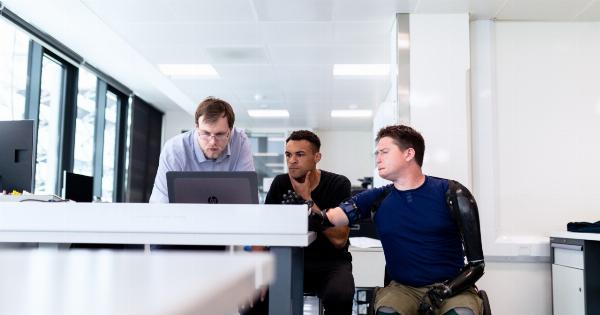The suspension of scheduled interventions has had a significant impact on the private security industry.
As governments around the world impose lockdowns and restrictions in an effort to contain the spread of COVID-19, many businesses, institutions, and individuals have temporarily halted or reduced their security needs. This article explores the various ways in which the suspension of scheduled interventions has affected the private security sector and the challenges faced by security providers during these uncertain times.
Decrease in Demand for Security Services
One of the immediate consequences of the suspension of scheduled interventions is the decrease in demand for security services.
With businesses, offices, schools, and other public spaces either completely closed or operating at reduced capacity, there is a reduced need for security personnel to patrol premises, monitor CCTV cameras, or provide access control. This decrease in demand has resulted in a significant reduction in the revenue of private security companies, leading to financial hardships for many.
Layoffs and Job Insecurity
The decrease in demand for security services has forced many private security companies to lay off their personnel.
Security guards, surveillance operators, and other security professionals have found themselves out of work or facing reduced working hours. These layoffs not only impact the livelihoods of security professionals but also create job insecurity and anxiety within the industry. Many security providers are uncertain about the future and the timeline for the resumption of regular interventions.
Safety Concerns for Unattended Premises
Another challenge arising from the suspension of scheduled interventions is the increased safety concerns for unattended premises. With many businesses temporarily closed, properties and assets are left unattended for extended periods of time.
This creates opportunities for criminal activities such as vandalism, theft, and trespassing. Private security companies must find innovative solutions to remotely monitor these premises and respond swiftly to any security breaches.
Shift Towards Remote Monitoring and Technology
Given the limitations imposed by social distancing measures, many private security providers have shifted towards remote monitoring and the use of technology.
Advanced CCTV systems, motion sensors, and alarm systems are being employed to detect and deter potential threats. Remote monitoring centers enable security professionals to keep an eye on multiple locations simultaneously, minimizing the need for physical presence.
While technology provides a partial solution, it cannot completely replace the role of on-site security personnel.
Increased Emphasis on Cybersecurity
The suspension of scheduled interventions has also given rise to an increased emphasis on cybersecurity.
With a significant portion of the workforce transitioning to remote work, there has been a surge in cyber threats targeting individuals and organizations. Private security providers must adapt to the evolving landscape of cybersecurity and offer comprehensive solutions to protect their clients’ digital assets and sensitive information.
Changing Role of Security Personnel
The changing circumstances have necessitated a shift in the role of security personnel.
Where once their primary responsibilities included physical security and access control, they now face new challenges such as ensuring compliance with social distancing measures and monitoring adherence to health and safety protocols. Security professionals must be trained and equipped to handle these additional responsibilities, ensuring the safety and well-being of those present in the premises they guard.
Financial Struggles and Survival of Small-Scale Security Providers
The financial struggles resulting from the suspension of scheduled interventions have hit small-scale security providers particularly hard.
These businesses often operate on thin profit margins and lack the financial reserves to weather prolonged periods of reduced demand. Many small-scale security providers face the risk of closure and bankruptcy, which not only impacts their employees but also leaves a void in the industry.
Opportunities for Innovation and Adaptation
Despite the challenges posed by the suspension of scheduled interventions, it also presents opportunities for innovation and adaptation within the private security sector.
Security providers can explore new ways of delivering their services, such as offering virtual consultations, conducting remote risk assessments, or providing personalized security solutions tailored to the unique needs of clients. Embracing technology and staying ahead of emerging security threats can enable security companies to thrive in the post-pandemic era.
Conclusion
The suspension of scheduled interventions has had a profound impact on the private security industry.
From decreased demand for security services to financial struggles and the changing role of security personnel, the challenges faced by the industry are significant. However, this situation also presents opportunities for innovation and adaptation. By embracing remote monitoring, prioritizing cybersecurity, and thinking creatively, private security providers can navigate these uncertain times and emerge stronger.





























